Obesity
Recent articles
Co-occurring conditions in autistic teens increase with age
The most prevalent conditions include obesity, neurological disorders, anxiety and attention-deficit/hyperactivity disorder.

Co-occurring conditions in autistic teens increase with age
The most prevalent conditions include obesity, neurological disorders, anxiety and attention-deficit/hyperactivity disorder.
Cluster of traits tied to rare mutations in autism-linked gene
Developmental delay, intellectual disability and behavioral issues are common among people who have mutations in MYT1L, a gene with strong ties to autism.
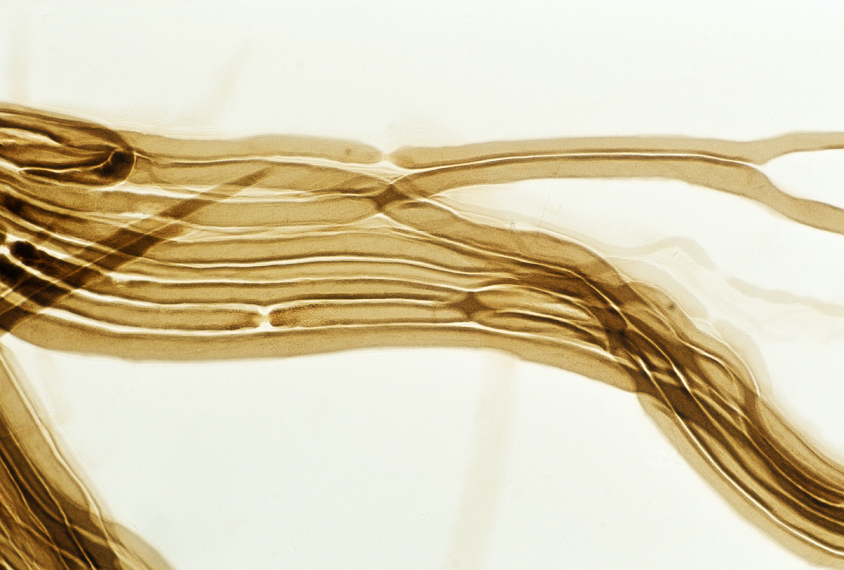
Cluster of traits tied to rare mutations in autism-linked gene
Developmental delay, intellectual disability and behavioral issues are common among people who have mutations in MYT1L, a gene with strong ties to autism.
Immune markers in newborns show complex relationship with autism odds
Newborns with either above- or below-average levels of an immune-system marker, among other differences, have increased odds of being autistic.
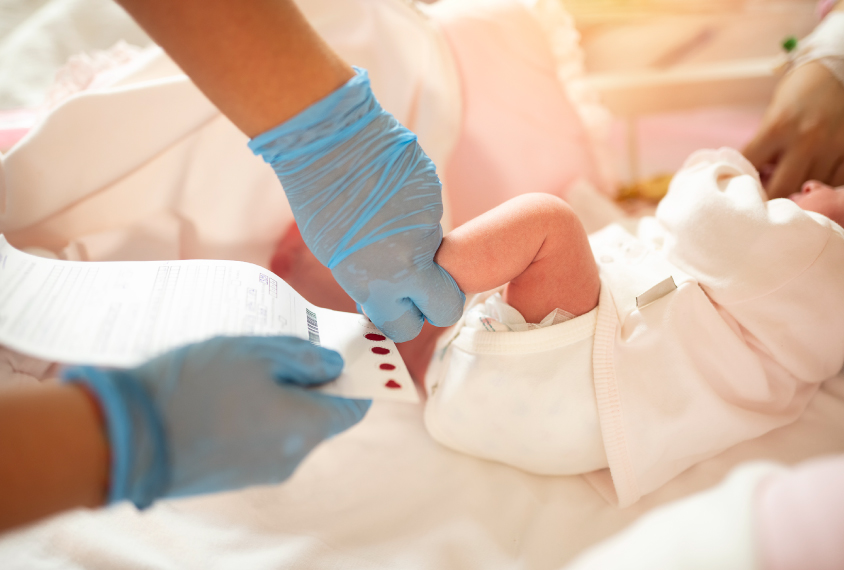
Immune markers in newborns show complex relationship with autism odds
Newborns with either above- or below-average levels of an immune-system marker, among other differences, have increased odds of being autistic.
Calling on primary care providers to help autistic children with weight issues
Pediatric primary care practitioners have a critical responsibility to provide guidance for autistic children struggling with weight gain, and to advocate for them at home and at school.

Calling on primary care providers to help autistic children with weight issues
Pediatric primary care practitioners have a critical responsibility to provide guidance for autistic children struggling with weight gain, and to advocate for them at home and at school.
Long-term study charts trajectory of fragile X syndrome into adulthood
For people with fragile X syndrome, progress in daily living skills and behavior tends to stall later in life.

Long-term study charts trajectory of fragile X syndrome into adulthood
For people with fragile X syndrome, progress in daily living skills and behavior tends to stall later in life.
How aripiprazole’s promise for treating autism fell short
Aripiprazole, marketed as Abilify, is widely thought to be safer than risperidone, the only other drug approved for use in autistic children. A decade’s worth of data suggests that is not true.
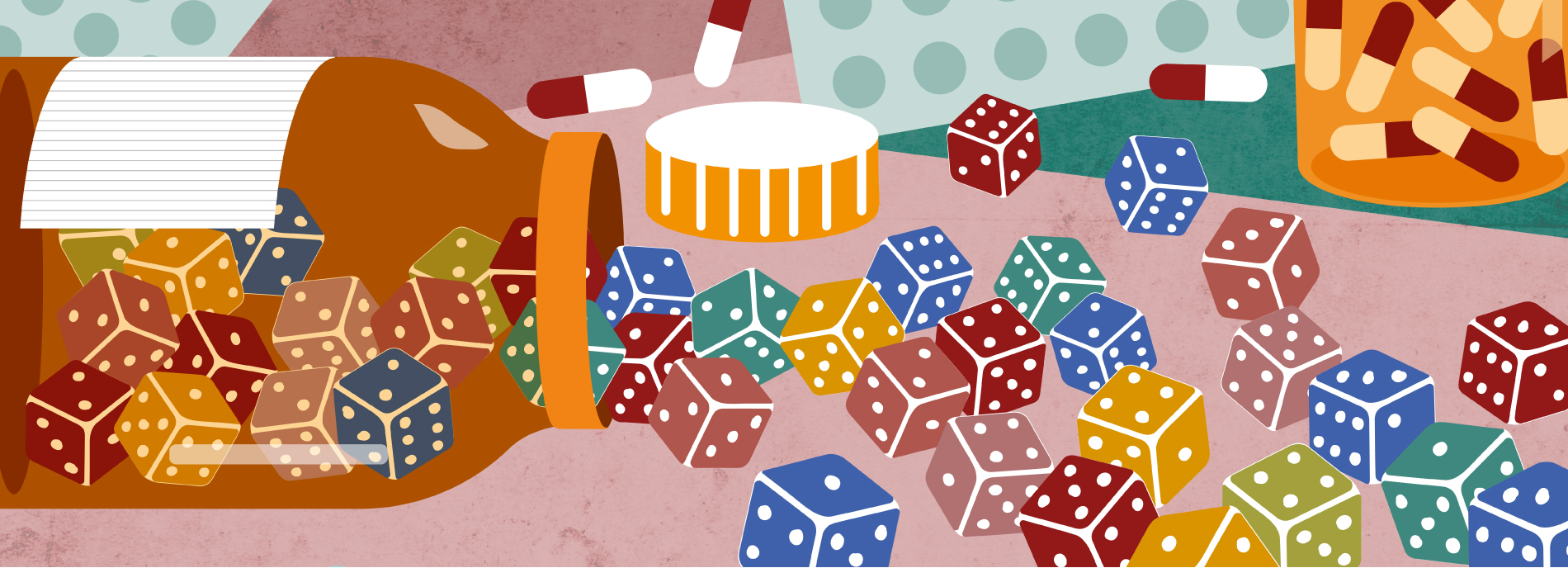
How aripiprazole’s promise for treating autism fell short
Aripiprazole, marketed as Abilify, is widely thought to be safer than risperidone, the only other drug approved for use in autistic children. A decade’s worth of data suggests that is not true.
Diabetes drug delivers multiple benefits for people with fragile X syndrome
Researcher Randi Hagerman is a big proponent of metformin — a diabetes drug that she is testing in people with fragile X syndrome. In fact, Hagerman takes the drug herself as a preventive measure against cancer.

Diabetes drug delivers multiple benefits for people with fragile X syndrome
Researcher Randi Hagerman is a big proponent of metformin — a diabetes drug that she is testing in people with fragile X syndrome. In fact, Hagerman takes the drug herself as a preventive measure against cancer.
Spectrum Stories: The benefits of genetic testing in autism
Finding a mutation linked to autism traits can have life-changing consequences for autistic individuals and their families.
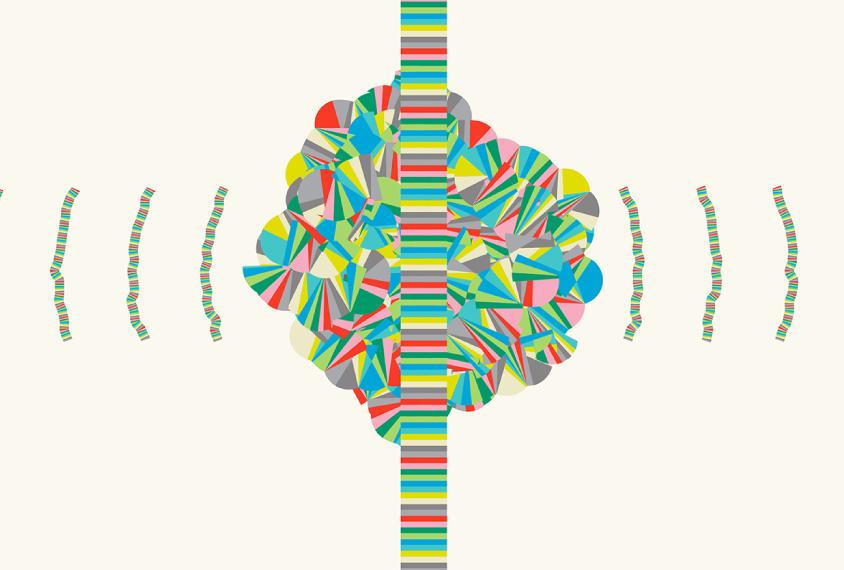
Spectrum Stories: The benefits of genetic testing in autism
Finding a mutation linked to autism traits can have life-changing consequences for autistic individuals and their families.
Why genetic tests matter for autistic people
Genetic tests for people with autism are far from routine and don't always yield results, but the information they offer can change lives.
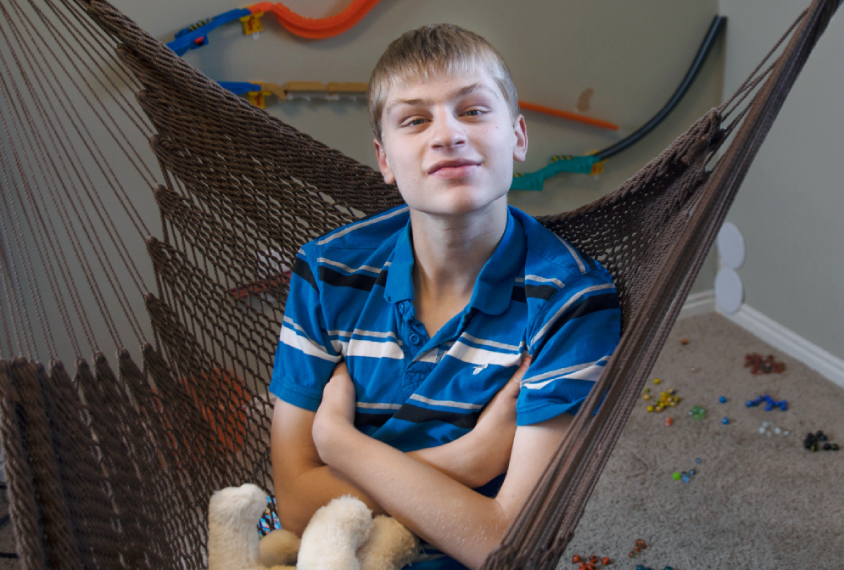
Why genetic tests matter for autistic people
Genetic tests for people with autism are far from routine and don't always yield results, but the information they offer can change lives.
Notable papers in autism research in 2018
This year's list of top papers highlights new dimensions in our understanding of autism genetics and hints at novel treatments.
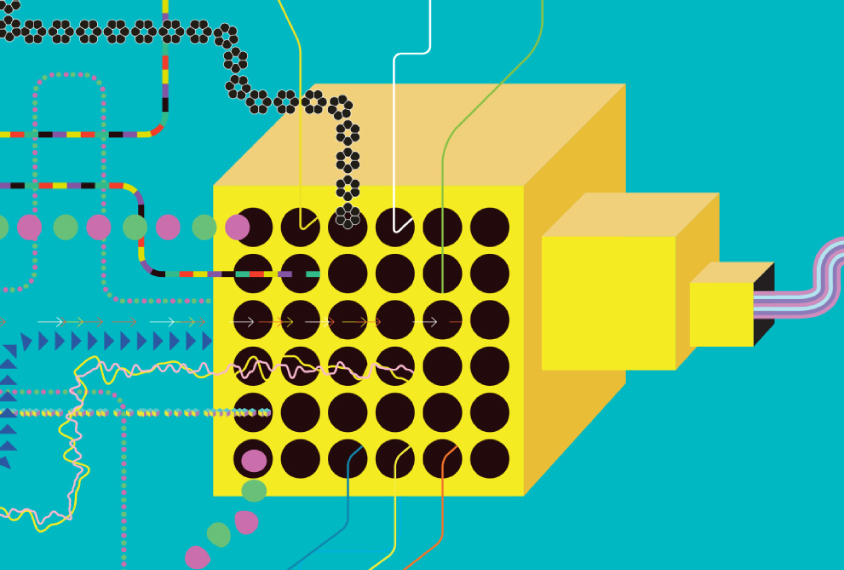
Notable papers in autism research in 2018
This year's list of top papers highlights new dimensions in our understanding of autism genetics and hints at novel treatments.
Explore more from The Transmitter
Five things to know if your federal grant is terminated
If you want to appeal the decision, know the rules that govern terminations, as well as the specific rationale given in your notice, science policy experts say.

Five things to know if your federal grant is terminated
If you want to appeal the decision, know the rules that govern terminations, as well as the specific rationale given in your notice, science policy experts say.
It’s time to examine neural coding from the message’s point of view
In studying the brain, we almost always take the neuron’s perspective. But we can gain new insights by reorienting our frame of reference to that of the messages flowing over brain networks.
It’s time to examine neural coding from the message’s point of view
In studying the brain, we almost always take the neuron’s perspective. But we can gain new insights by reorienting our frame of reference to that of the messages flowing over brain networks.
Autism traits, mental health conditions interact in sex-dependent ways in early development
Here is a roundup of autism-related news and research spotted around the web for the week of 31 March.

Autism traits, mental health conditions interact in sex-dependent ways in early development
Here is a roundup of autism-related news and research spotted around the web for the week of 31 March.